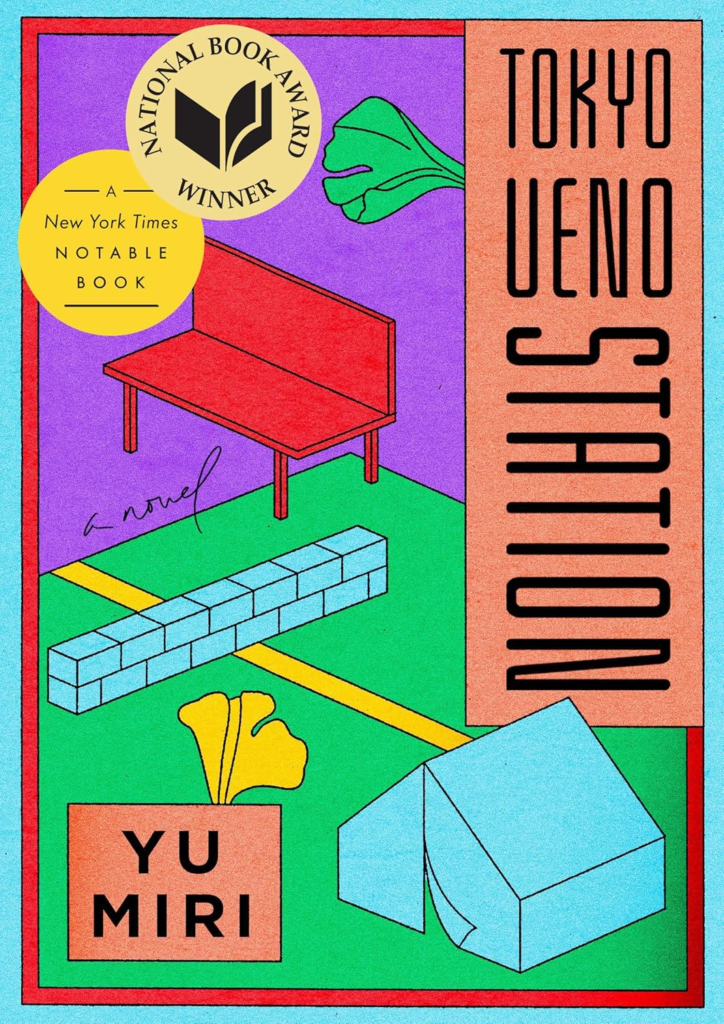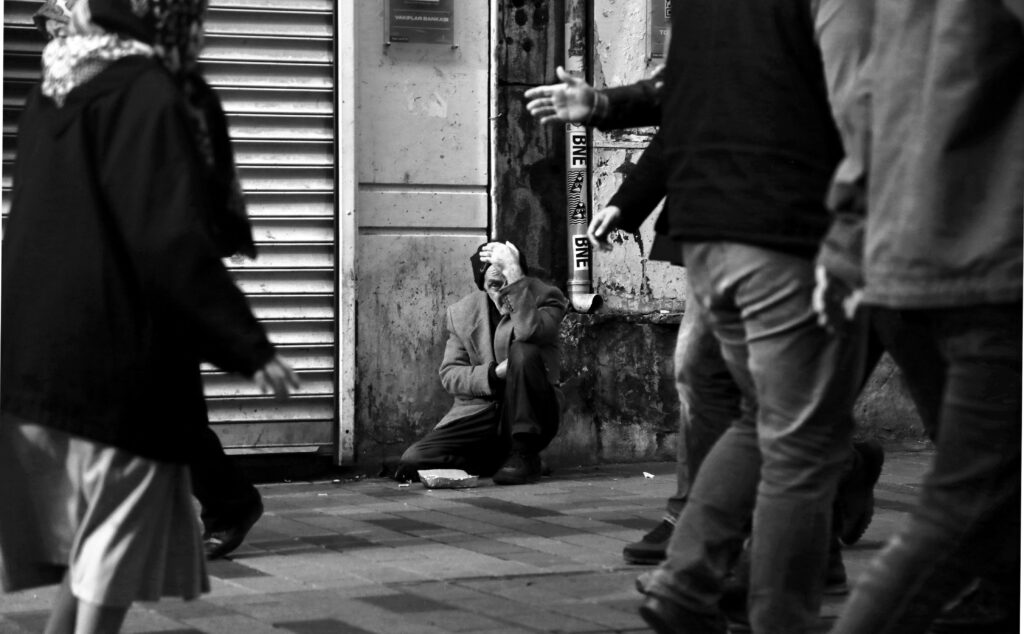“Time does not pass. Time never ends.”
“Tokyo Ueno Station” -Yu Miri

💡The author’s background
Yu Miri was born in Tokyo in 1968 to Korean parents living in Japan. She is an award-winning novelist and screenwriter. Her works are known for their incisive depiction of social issues and personal anguish. Yu Miri’s writing has the power to leave a deep impression on the reader.

💡About her books
Tokyo Ueno Station is a novel published in 2014. The main character is a man who becomes homeless near Ueno Station. Through his life, the novel depicts Japan’s postwar history and social issues. The story moves back and forth between life and death, the present and the past. It vividly depicts people’s lives and social changes through the place called Ueno Station. The book was translated into English in 2020 and was highly acclaimed abroad.

💡The maxim in her books
“Time does not pass. Time never ends.” These words are repeated in the mind of the protagonist. For him, past memories and regrets are always connected to the present. Time is passing, but in his mind, everything is a sense of the here and now. This word expresses the strangeness of time in life. The past should have passed away, yet it continues to live on in our minds. It’s such a complex emotion expressed in such simple words.
💡What we can learn from the maxim
This word applies to our daily life, doesn’t it? For example, memories of loved ones. Time may pass, but the memory lives on in our hearts. Or, past failures and regrets. Even after the passage of time, they can remain in our minds. But these words are not only negative. Our experiences and learnings also don’t end with the passage of time, but they make us who we are today. Time flows, but what is important to us never ends. That’s what you are teaching us.
💡Works and historical background
In 2014, when “Tokyo Ueno Station” was unveiled, Japan was facing many challenges. Three years had passed since the Great East Japan Earthquake, and the road to recovery was still underway. The economic downturn and social disparity were also attracting attention. The issue of homelessness in the Ueno Station area also existed as a social challenge. This book reflects the atmosphere of those times. It highlights the problems of society as a whole through the lives of individuals. I believe that many readers were made to think about their own society and lives.
💡Other Works
Read more by Yu Miri. The End of August is based on her experiences in Fukushima. Gold Rush is also highly recommended. All of Yu Miri’s works reveal the deepest recesses of the human heart, and you may find yourself with a new perspective on yourself and society when you read them.




Comments